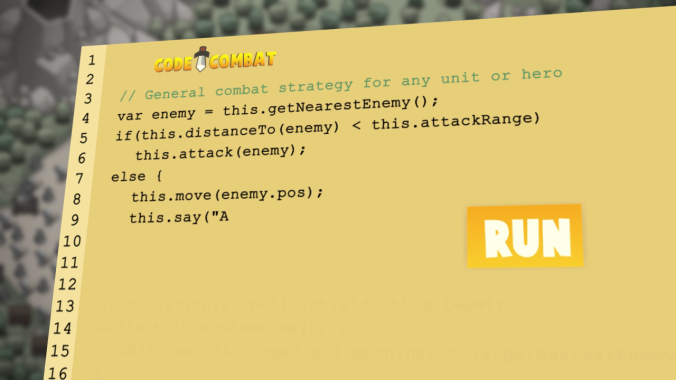WordPress was a great platform for the beginning of my blogging experience. The simplicity needed for the creation and maintaining of the WordPress blog is amazing. It literally took me 10 minutes from the creation of my blog to my first post. But, a few days ago, I’ve decided that it is time for me to switch to something more powerful. I’ve decided to switch to Jekyll blogging platform.
Well, first of all, my PHP knowledge is very limited. I have always considered PHP to be the weakest spot in my education. And, on top of that, I’m not that comfortable with databases for now. Jekyll has allowed me to run a completely self-maintained blog without using any PHP or MySQL.
Using this combo is going to boost my GitHub profile and my Git knowledge
Because of the excellent Jekyll integration with GitHub pages, maintaining a blog using Jekyll is going to force me to use GitHub even more than I have used it so far. And I think that is great. By doing so, I’m going to visit GitHub more often, which will boost my desire to hack and program new things (this is the newest project I’m planing on making a reality).
It will also boost my GitHub profile in the search results, which is something I desperately need to do. While Google-ing my full name, I found out that there’s an actor, a photographer and a war criminal with the same name as mine. You can imagine the surprise of my future employer if he sees my name associated with a term such as a war criminal.
I love every single product that GitHub developed over the years
Lets be honest, GitHub is my favorite company and I love every single feature they’ve developed over the years. I love their tight integration with Git, their pages, their Gists, their Atom text editor and their Student Developer Pack (even though my request is still in the verification process).
Markdown has become my favorite markup language
Ever since I’ve started using GitHub more regularly, I’m amazed by the simplicity behind Markdown. I’m using it to type everything from by blog posts to my collage papers and essays. Now, to be honest, I’ve written most of my posts using Markdown even back when in my WordPress days, but Jekyll allows me to update my blog in an incredibly simple way. I just have to write my post inside of a new Markdown file, update my repository and that’s it. I don’t even have to open Firefox to post something.
Lets be honest, if you need comments on your website, Disqus is the way to go. Most of the sites I’m visiting are using it, and I see no reason of why I should choose anything else.
I love having the full control over my blog
Worpress.com is a free platform and as such it does have some advantages and some limitations. Even though I loved the simplicity of some feature (like a WordPress stats feature), I hated the way I was limited in the customization of my blog. Using this combination, I have no limitation that I’m uncomfortable with. I can customize my blog in any way I want and it feels great! Every Jekyll customization, every theme and every plugin I ran into were completely free (as in both speech and beer) and because of that I can customize every single aspect of them as I wish.
So, how will I make the transition happen?
Now this is a tricky one. I have decided that I’m going to be using this combination permanently, but I do have a lot of work to do before making the final switch.
First of all, there are still some parts of this excellent HPSTR Jekyll theme that I haven’t customized properly (or at all). This is why I’m regularly updating a TODO.md file to remind myself of what still needs to be done.
So, if you like my blog, I encourage you to go through that TODO.md file and to report any issues that I haven’t noticed inside of that file here.
In the meantime, I’m going to post on my old platform and my new platform until I’m completely satisfied with the switch. I have also started posting my most interesting articles on Medium not too long ago, so you might want to check that out as well.
You can expect some great new things like SSL support, my own domain and a fully customized home page in the near future. And, in the spirit of open source software, every single line of code is available for you to fork and use in your project in any way you want.



